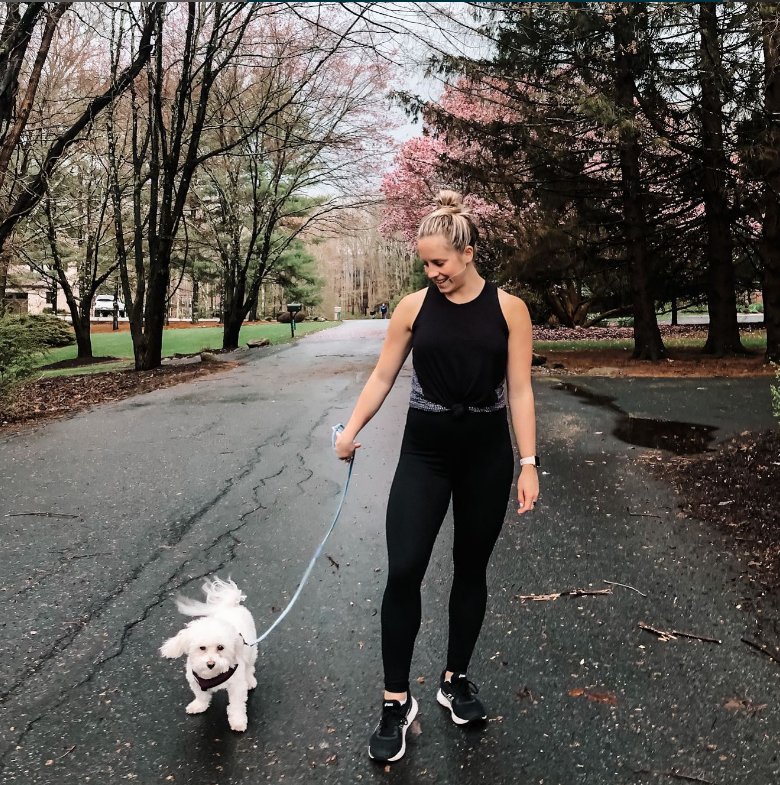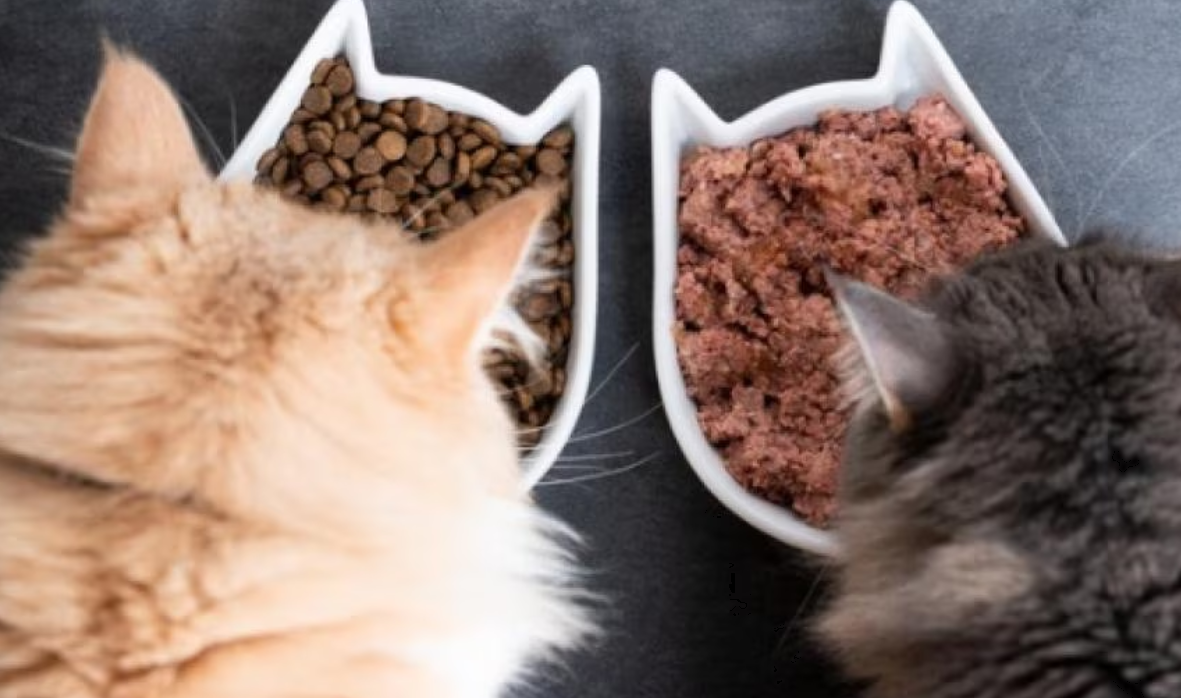Best Food For Underweight Dogs
If your dog is underweight, feeding them a high-quality diet that will help them gain weight safely and healthily is essential. There are a few things to look for when choosing a food for your underweight dog:
- High-calorie content: Underweight dogs must eat more calories than they burn to gain weight. Look for a food that has a high-calorie range per cup.
- High protein content: Protein is essential for muscle growth and repair. Look for food with a high protein content, especially if your dog is active or has a medical condition that causes muscle loss.
- High-fat content: Fat is a good source of energy for underweight dogs. Look for food that has a moderate to high fat content.
- Digestibility: Choosing a food that is easily digestible for your dog is essential. This will help them absorb the nutrients they need from their food.
Here are some of the best foods for underweight dogs:
- High-calorie kibble: There are several high-calorie kibbles available on the market. These foods are designed to help dogs gain weight safely and healthily.
- Wet food: Wet food is a good option for underweight dogs because it is more calorie-dense than dry food. It is also more palatable for some dogs.
- Raw food: Raw food is another good option for underweight dogs. It is a nutrient-rich food that can help dogs gain weight quickly.
If you are still determining which food is best for your underweight dog, talk to your veterinarian. They can recommend a food appropriate for your dog’s needs.
How to Feed an Underweight Dog
It is essential to feed an underweight dog small, frequent meals. This will help them digest their food more efficiently and absorb more nutrients. You should also provide them with a quiet place where they will not be disturbed.
Here are some tips for feeding an underweight dog:
- Feed your dog three to four meals per day.
- Offer your dog smaller meals than you usually would.
- Feed your dog in a quiet place where they will not be disturbed.
- If your dog is not eating their food, try warming it up or adding water.
- If your dog is still not eating, talk to your veterinarian. They may need to prescribe an appetite stimulant.
Other Tips for Helping Your Underweight Dog Gain Weight
In addition to feeding your dog a high-quality diet, there are a few other things you can do to help them gain weight:
- Make sure your dog is getting enough exercise. Exercise helps to build muscle mass and increase appetite.
- Avoid giving your dog treats between meals. This can fill them up and make them less likely to eat regular meals.
- If your dog has any underlying medical conditions, make sure they are being treated properly. Some medical conditions can cause weight loss.
Most underweight dogs can gain weight safely and healthily with proper care and nutrition.
Common Mistakes to Avoid When Feeding an Underweight Dog
Here are some common mistakes to avoid when feeding a malnourished dog:
- Overfeeding: It is important not to overfeed an underweight dog. This can lead to health problems such as obesity and digestive disorders.
- Feeding too many treats: Treats should be given in moderation, especially to underweight dogs. Too many treats can fill them up and make them less likely to eat regular meals.
- Feeding human food: Human food is not nutritionally balanced for dogs and can lead to health problems such as obesity, pancreatitis, and diabetes.
- Changing foods too often: Changing foods too often can cause digestive problems for underweight dogs. It is essential to choose a food that your dog likes and stick with it.
If you are unsure how to feed your underweight dog, talk to your veterinarian. They can help you create a feeding plan that is right for your dog’s individual needs.
Foods to Avoid Giving Your Underweight Dog
There are several foods that you should avoid giving your underweight dog. These foods can harm their health and make it difficult for them to gain weight.
Here are some foods to avoid giving your underweight dog
Foods that are high in sugar and carbohydrates
Foods that are high in fat
While some fat is essential for a healthy diet, too much can lead to weight gain and other health problems, such as pancreatitis. Avoid giving your underweight dog foods high in fat, such as fatty meats, fried foods, and processed foods.
Foods that are high in salt
Foods high in salt, such as human snacks and processed foods, can harm dogs. Too much salt can lead to dehydration and other health problems.
Foods that are toxic to dogs
Several foods are toxic to dogs, which should be avoided, regardless of their weight. Some common poisonous foods include:
- Chocolate
- Grapes and raisins
- Onions and garlic
- Macadamia nuts
- Xylitol (a sweetener found in some chewing gum and candies)
If you are unsure whether or not a food is safe for your dog, it is always best to err on the side of caution and refrain from giving it to them.
Healthy foods to feed your underweight dog
The best way to help your underweight dog gain weight safely is to feed them a high-quality, nutrient-rich diet. Some healthy foods that you can provide your malnourished dog include:
- Lean protein sources, such as cooked chicken, turkey, or fish
- Complex carbohydrates, such as brown rice, sweet potatoes, and oatmeal
- Healthy fats, such as olive oil, avocado oil, and coconut oil
- Vegetables such as broccoli, carrots, and green beans
You can also add healthy human foods to your dog’s diet, such as plain yogurt, scrambled eggs, and pumpkin puree. However, be sure to avoid giving them any human foods that are high in sugar, fat, or salt.
If you are concerned about your dog’s weight, it is always best to talk to your veterinarian. They can help you create a personalized diet plan that is right for your dog’s individual needs.



